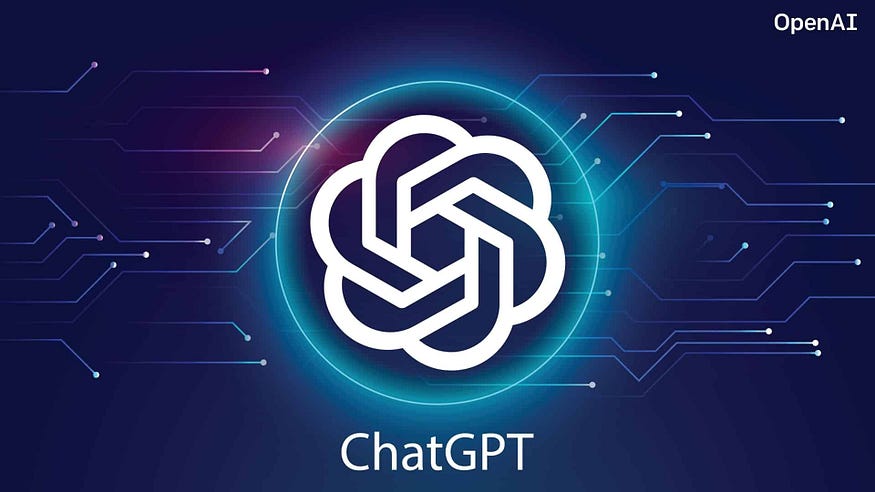As a DevOps engineer, your role involves juggling complex tasks such as automation, infrastructure management, CI/CD pipelines, and troubleshooting. Leveraging AI tools like ChatGPT can significantly streamline your workflow, saving you time and effort. This article explores how DevOps engineers can effectively use ChatGPT and offers actionable prompts to enhance productivity.

Why DevOps Engineers Should Use ChatGPT
In the fast-paced DevOps world, automation is key to staying ahead. ChatGPT, powered by advanced language models, acts as a versatile assistant, helping with:
- Code Generation and Debugging: Automate repetitive coding tasks and quickly identify bugs.
- Documentation: Create high-quality, easy-to-understand documentation.
- Learning and Knowledge Sharing: Simplify complex concepts or upskill in new technologies.
- Infrastructure as Code (IaC): Generate Terraform, Ansible, or CloudFormation scripts.
- Incident Management: Assist in root cause analysis and resolution.
10 Essential ChatGPT Prompts for DevOps Engineers
Here are some powerful prompts you can use:
- Generate Terraform Templates
- Prompt: “Create a Terraform script to provision an AWS EC2 instance with a security group allowing SSH and HTTP access.”
2. Debug a CI/CD Pipeline
- Prompt: “My Jenkins pipeline is failing at the build stage due to a permissions issue. Suggest potential fixes.”
3. Automate Shell Scripts
- Prompt: “Write a bash script to monitor CPU and memory usage and alert if thresholds exceed 80%.”
4. Optimize Kubernetes Configuration
- Prompt: “How can I optimize a Kubernetes deployment for high availability and scalability? Provide an example YAML file.”
5. Write Documentation
- Prompt: “Generate detailed documentation for a Jenkins CI/CD pipeline that deploys a Node.js application to AWS.”
6. Explain Complex Concepts
- Prompt: “Explain the differences between Docker Swarm and Kubernetes in simple terms.”
7. Incident Management
- Prompt: “Help troubleshoot why my NGINX server is returning a 502 Bad Gateway error.”
8. Create Ansible Playbooks
- Prompt: “Write an Ansible playbook to install Apache2 on Ubuntu and start the service.”
9. Generate Learning Resources
- Prompt: “Summarize the best practices for securing a DevOps pipeline.”
10. Root Cause Analysis
- Prompt: “Suggest steps to debug a network issue where a service running on port 8080 is unreachable.”
How to Use ChatGPT Effectively
- Be Specific: Clearly define the problem or task in your prompt.
- Iterate: Review the AI’s response and refine your query for better results.
- Combine Tools: Use ChatGPT alongside other DevOps tools for maximum efficiency.
- Stay Secure: Avoid sharing sensitive information or credentials.
Final Thoughts
ChatGPT is a powerful ally for DevOps engineers, enabling faster problem-solving, better automation, and streamlined workflows. By incorporating these prompts into your daily routine, you can focus on higher-level strategic tasks while ChatGPT handles repetitive and time-consuming ones.
What are your favorite ChatGPT prompts as a DevOps engineer? Share them in the comments below!